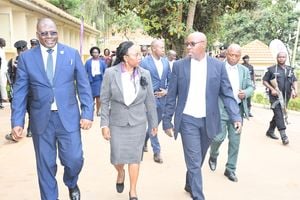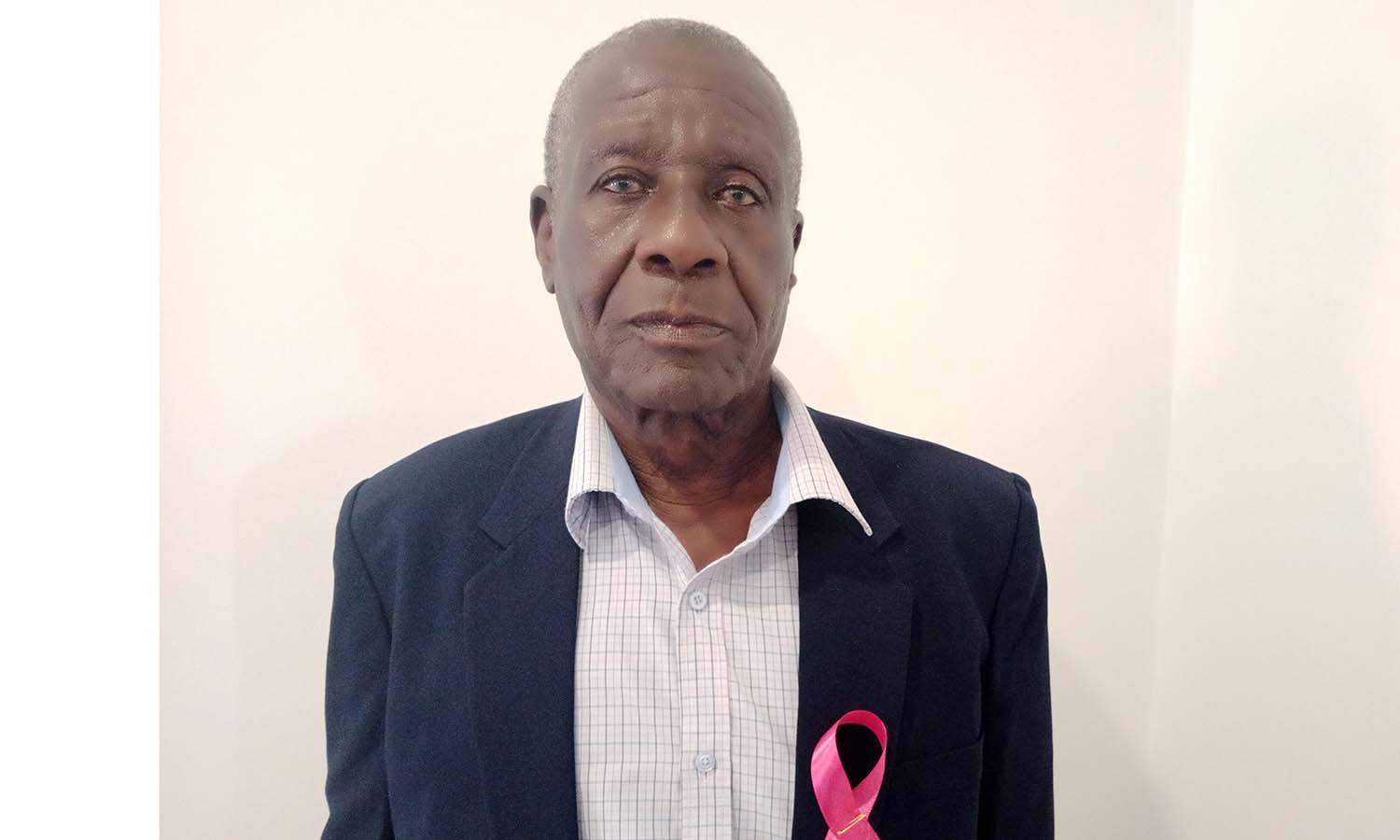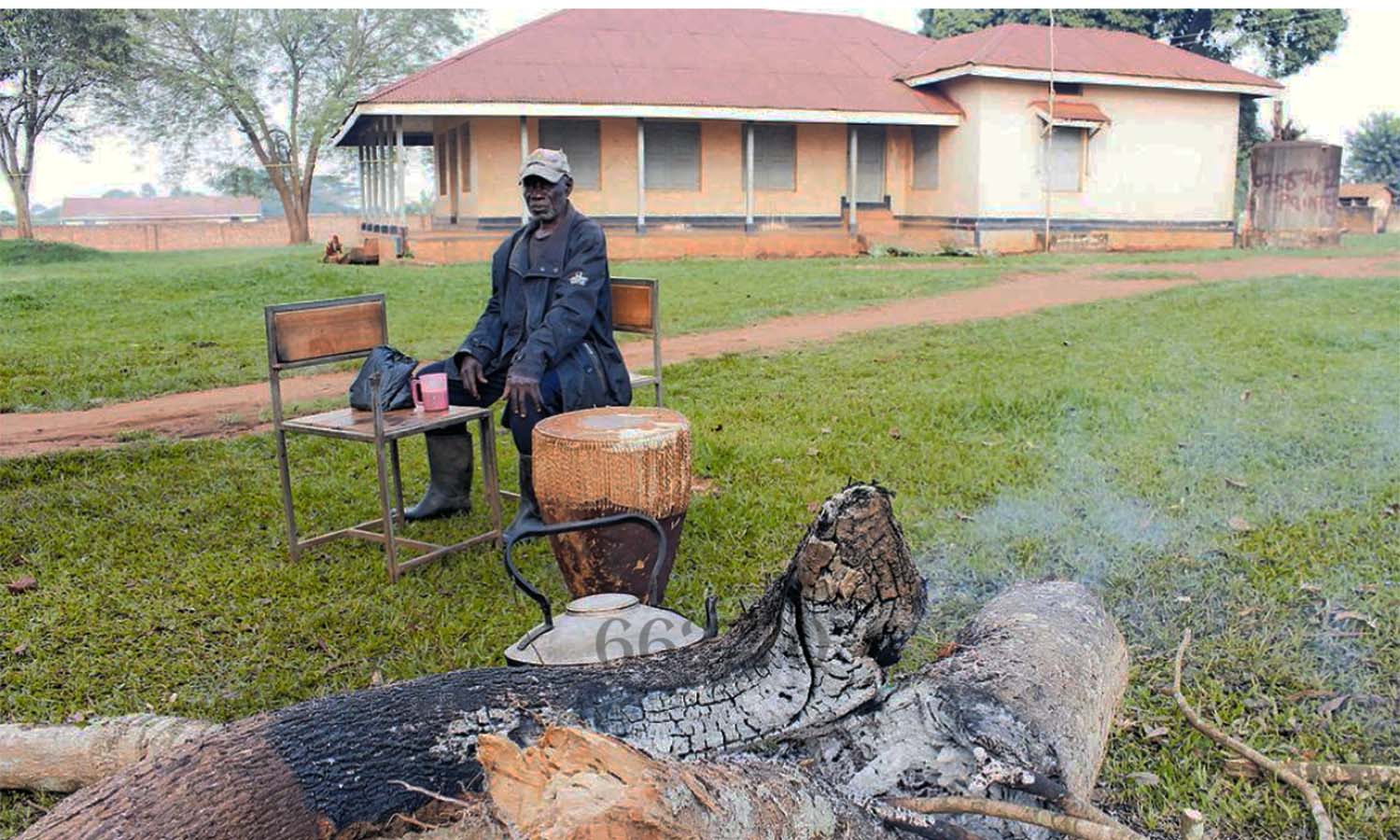
An aerial view of Jinja City, which was operationalised on July 2020. PHOTO/FILE
The Ugandan government is proposing to create more new cities amid concerns that the nine cities, which were created in 2020, are already crippling financially and operating under numerous challenges.
The Constitution of Uganda Article 179(a) (GOU, 1995) and the Local Governments Act, Section 7(2a) of the Local Governments Act CAP. 243 (GOU, 1997) mandates Parliament to create cities through alteration of boundaries of the existing districts.
Thus, on May 20, 2019, Uganda’s Cabinet approved the phased creation of 15 cities across the country. Interestingly, Jinja, Mbarara, Fort Portal, Masaka, Mbale, Arua, Gulu, Lira, Hoima and Soroti cities emerged in 2020.
Under phase three and four, five more new administrative units were to be created, including Entebbe, Moroto, Nakasongola, Kabale, and Wakiso. The government now wants to make this dream a reality and such ambitious development plans always come with a lot of expectations from the service seekers.
Responding to the government plans, Mr Samuel Akibu, a resident of Oderai Ward in Soroti City, said when the proponents of Soroti City went on radios, they promised the town dwellers that the city would come with better roads, but this has not been realised.
“Instead, the roads have remained in the same dusty state with a lot of potholes, while the street lighting remains limited to the heart of Soroti City,” he said.
“People like Herbert Ariko and Elijah Okupa who advocated for Soroti city status should be put to shame, because what they promised is not seen,” he added.
The Town Clerk of Entebbe Municipality, Mr Emmanuel Mugisha Gakyalo, said Entebbe is more than ready to upgrade to a city status because it has all the needed infrastructures in place.
Other critics, however, say the operationalisation of new cities requires office structures, staff and other administrative resources that are vital for daily operations. These come with a hefty price tag that can only increase public administration expenditure.
Besides the start-up funds, the administrative units require operational funds to enable them to implement their mandate as stipulated in the Local Government Act, 1997. Some of the responsibilities under their mandate include service delivery, governance and administration.
According to Advocates Coalition for Development and Environment (ACODE), the growth and expansion of municipal councils in Uganda has over the years taken place without corresponding physical and socio-economic infrastructure. This in part is due to the delay in the upgrading of these governance structures to cities.
Meagre resources
The organisation said the approved human resource and other institutional structures of municipal councils; and the available funding levels do not position municipal councils to adequately meet administrative and socio-economic needs of the ever-increasing number of their residents.
“There are complicated settlement–governance arrangements, with weak local authorities and poor land-use management capacity, informal settlements and unregulated peri-urban construction,” ACODE says in its 2020 Policy Brief.
A Local Government Engagement Specialist with VNG International, Mr Fred Bada, said while Uganda is trying to respond to the world trend of urbanisation, it was running too fast.
Mr Bada said there was excitement when the first cities were created but attitudes started to shift when locals could not see the corresponding services as others opted to move out like the case in Arua City.
“When the nine cities were created, there were inadequate funds to operationalise them. First, they were created without an enabling law to govern the city, there was only a law for Kampala Capital City Authority (KCCA), because of this, and there is no corresponding funding to these cities. So, the cities are struggling to deliver services because they do not have money,” Mr Bada said.
He said it is not enough to create the cities but the existing ones should have enough resources to deliver services.
Leaders say the emergence of Ugandan cities: Jinja, Mbarara, Fort Portal, Masaka, Mbale, Arua, Gulu, Lira, Hoima and Soroti has not necessarily resulted in increased productivity, with the majority of jobs created through the urbanisation process involving low productivity activities.
In urban areas, they say, unemployment rates are high and most of the jobs in the informal economy are neither taxed nor monitored by the government. There are unregulated land markets, infrastructure and service provision.
In Mbale, for instance, the dilapidated structures, congested and disorganised taxi and bus park obliterate the memory of the city that was once the cleanest town in East and Central Africa.
For those that have lived in Mbale before or immediately after independence, like Mr Akimu Watenyere – a Uganda Peoples Congress (UPC) party stalwart – Mbale’s current state is disheartening despite the government decision to elevate to a city status
“Mbale has not recovered, not even when it was made a city. There is nothing tangible yet," he said.
Ms Juliet Kakai, 70, Mbale City resident, said many of the buildings in the city constructed over sewer lines have not been demolished.
Mr Steven Masiga, an urban researcher, said Mbale City will not regain its glory as it was in the 1960s unless there is good political leadership.
The Mbale City Council deputy speaker, Mr Abdullah Magambo, said roads constructed under the Uganda Municipal Support to Infrastructure Development (USMID) have significantly transformed the landscape and urban development of the city.
The Mbale City mayor, Mr Cassim Namugalim, recently launched a campaign to address the poor garbage disposal in order to regain the lost glory.
“We are also planting grass and flowers. This will attract many investors who would come and establish manufacturing companies and provide jobs for our people,” he said.
Financial implications
Mr Assy Abireebe, Mbarara City town clerk, said: “It’s true, we are facing financial challenges but there have been promises to find money to fund the old cities but this does not stop the decision to create more cities. The government knows where it will get this money and also the focus it has.”
The Forum for Democratic Change (FDC) spokesperson for Busoga Sub-region, Mr Medi Mbentyo, said the government is blundering in creating new cities because money to finance them is limited.
“I participated in paving ways for the creation of Jinja City with higher hopes of development but I am disappointed that nothing has been done to make them look like other cities in the world,” he said.
“There is completely nothing that shows that Jinja is a city because the roads have instead worsened with potholes yet in my view as a councillor who fought for its coming, I expected rapid development,” he added.
The former Luuka District Woman Member of Parliament, Ms Evelyn Naome Mpagi Kaabule, agreed: “There must be evidence that the creation of more new cities will improve service delivery but if it is for political reasons, I don’t support it.’’
Ms Kaabule said the government must make an evaluation of the performance and challenges of the previously created cities before coming up with the new one.
The former Kagoma County Member of Parliament, Dr Frank Nabwiso, said the government is spending a lot of money on administration instead of channelling it into the productive sector.
“It does not make sense to spend money on administration instead of putting the money on the productive sector which will enable people to get services. Government is spending more money on salaries, fuel. It is financial sanity that is lacking. Uganda is a small country. You can’t spend money like that,” he said.
Mr Patrick Kayemba, the executive director of First African Bicycle Information Organisation (FABIO), suggested that as the government is creating the new five cities it should boost the beneficiary sub-regions by transferring some of the ministries to where these cities are established. If this is done, there will be visibility and effective service delivery, he said.
Ms Edinah Nuwasasira, the coordinator of the Greater Mbarara Civil Society Organisation, said the creation of new administrative units has both advantages and disadvantages.
“It could be a way of bringing services closer to the people but it has cost implications that will be a burden to the taxpayer. Most of the money that could be used on service delivery is spent on allowances. For example, look at Members of Parliament. They are earning more than what should be spent on service delivery," she said.
The Mbarara District planner, Mr Johnson Tusimireyo, urged the government to merge most districts and create more urban centres for improved service delivery.
“If you visit developed countries, cities have been the epicentres of development. They attract organised planning, investments, and changes in quality of life. For example, Mbarara City collects over Shs10 billion in local revenue and Mbarara District collects less than a billion," he said.
Mr Harold Acemah, a former ambassador to Brussels, said: “There must be minimum standards in place to create a city and it should not just be by name or politically geared. Instead of creating more cities, the government should strengthen the existing ones first in the health, roads, market economy and other sectors.”
Wakiso Chief Administrative Officer Alfred Malinga welcomed the idea of creating Wakiso City, but appealed for government funding.
Compiled by Bill Oketch, Simon Peter Emwamu, Muganga Eve, Tausi Nakato, Abubaker Kirunda, Rajaba Mukombozi, Felix Ainebyoona, Denis Edema, Yahudu Kitunzi, Fred Wambede, Felix Warom Okello, Clement Aluma & Noeline Nabukenya.








